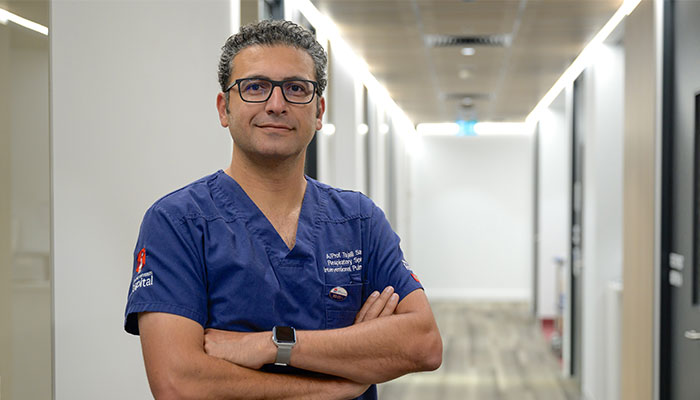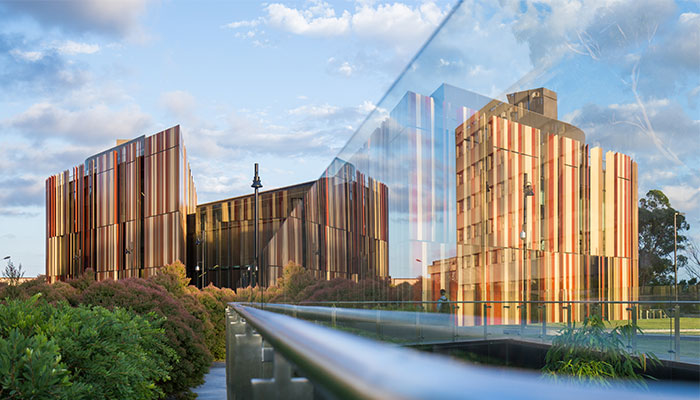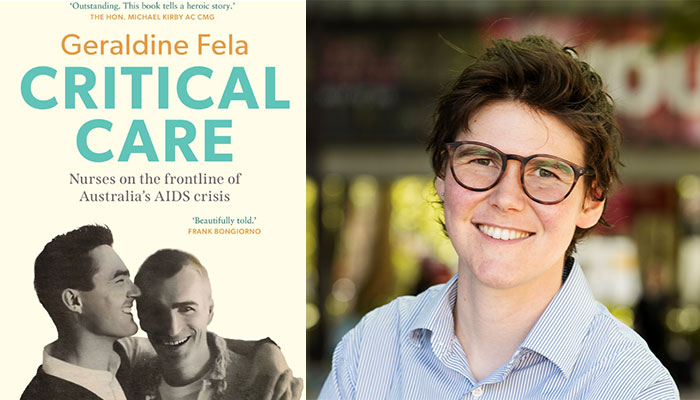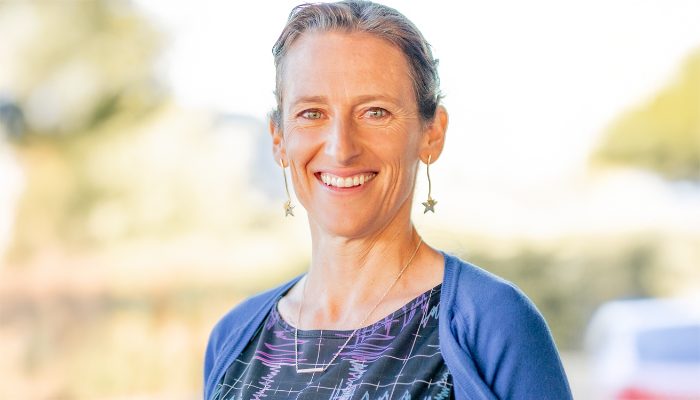Macquarie’s Early Lung Cancer Detection (ELUCiD) program has been designed to bring together specialist teams from respiratory medicine, interventional pulmonology, radiology, pathology, oncology, cardiothoracic surgery, nursing and allied health to create the most efficient clinical pathways for diagnosis, assessment and treatment.
A former heavy smoker in his 60s with no symptoms of lung cancer, the first patient to be referred under the ELUCiD program was sent by his GP for a low-dose CT scan under the criteria for the NLCSP, which was launched Australia-wide in July.
When the scan showed a suspicious lung nodule, the patient was referred to Macquarie and assessed the same day – a Friday – by ELUCiD Clinical Nurse Consultant Abby Fyfe.
The following Monday, the patient underwent lung function tests and a PET scan, which showed no evidence of spread or other lesions, before being seen by interventional pulmonologist Associate Professor Tajalli Saghaie, who performed a robotic bronchoscopy and biopsy of the nodule the following day (Tuesday).
After rapid tissue pathology confirmed a diagnosis of non-small cell lung cancer, cardiothoracic surgeon Professor Christopher Cao undertook a curative minimally invasive robotic lobectomy and lymph node dissection procedure at Macquarie University Hospital just two days later.
While he believes this patient’s treatment course has probably set a new local speed record, Associate Professor Saghaie says this comes as no surprise to the multidisciplinary team.
“A streamlined and coordinated approach to early lung cancer detection and treatment is something we’ve been working on and refining for quite a few years,” he says.
“We know the single most important factor in survival from lung cancer is its stage when diagnosed, so earlier diagnosis and more rapid treatment has the potential to reduce mortality significantly.”

Associate Professor Tajalli Saghaie is part of the expert team at Macquarie University Health.
The ELUCiD program grew out of a pulmonary nodule service first established by Macquarie University Health’s Respiratory and Sleep Clinic to deal with an increasing number of patients referred with a single lung nodule, found incidentally when they had a chest CT scan for another reason.
“We’ve been able to take advantage of rapid advances in techniques and technology, including robotic bronchoscopy, as well as being inspired by what we’ve seen at academic medical centres in the US in particular,” says Associate Professor Saghaie.
He and fellow Macquarie respiratory physicians and interventional pulmonologists, Professor Alvin Ing and Associate Professor Jonathan Williamson, led the first-in-human FRONTIER trial using robotic bronchoscopy combined with tool-in-lesion tomosynthesis (TiLT), an advanced form of 3D imaging that allows the bronchoscopist to be sure the biopsy tool is located within the suspicious nodule.
Another critical factor in the development and success of ELUCiD has been the recruitment of a highly skilled and dedicated clinical nurse consultant.
“The lynchpin of a screening and management program like this one is a clinical nurse coordinator, and Abby Fyfe plays a crucial role in fine-tuning the system to fast-track these referrals,” says Associate Professor Saghaie.
Specially adapted software incorporating artificial intelligence also streamlines the integration of radiology and pathology findings together with notifications and reminders for members of the team, he says.
“We formalised ELUCiD in 2024 in anticipation of the government launching the national screening program and we are delighted to see it has passed its first test as a coordinated model of care for early lung cancer with flying colours.”



